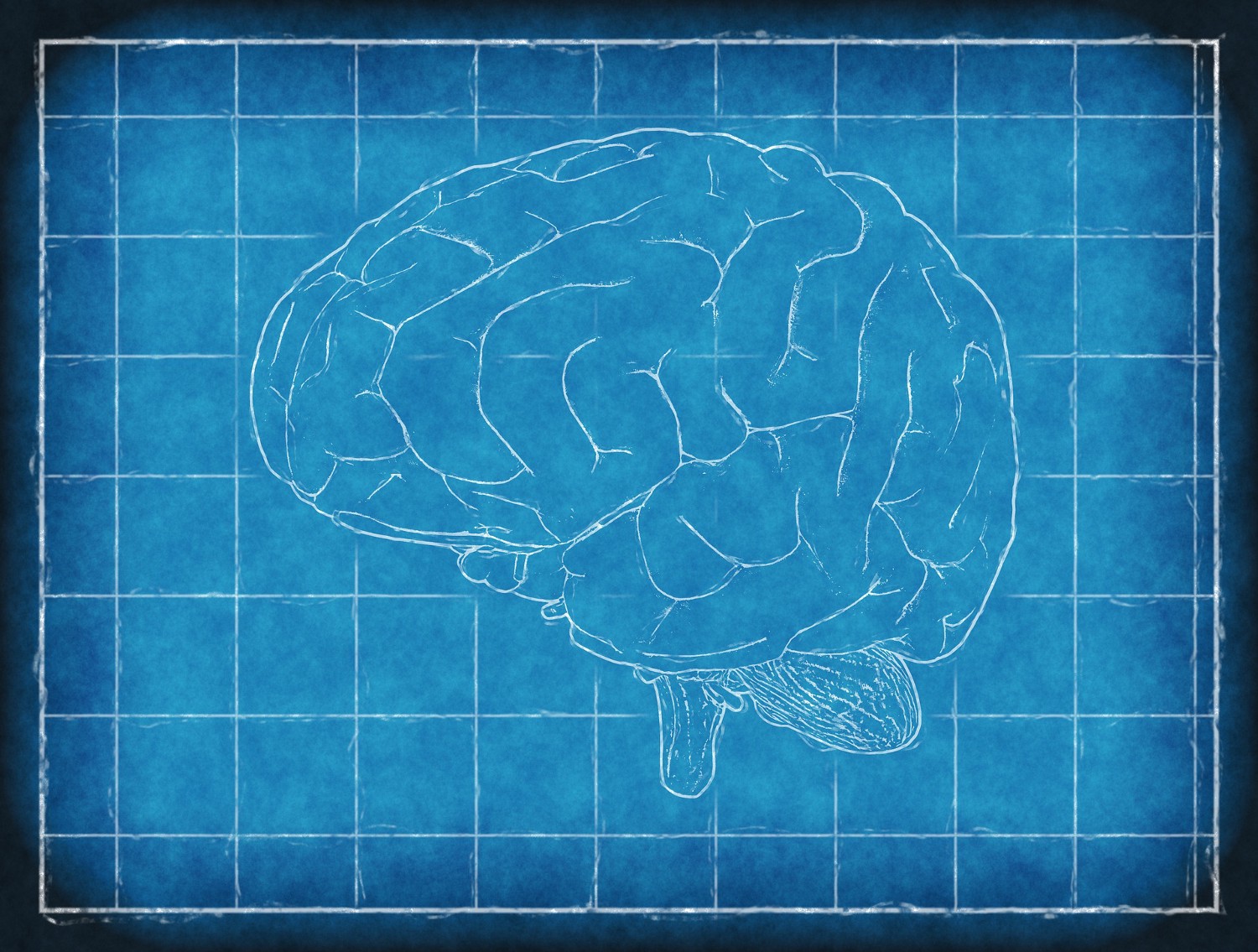These brain moves are more than just smart — they’ll help keep you sharp, focused and with it well into old age.
In our quest to take care of our health, we try to exercise to maintain a healthy weight, eat for our heart health and limit bad habits like bringing our phones to bed with us. But too often we forget to make better brain health a priority. Here are five science-backed activities that benefit your brain.
Practice Mindfulness During Your Commute
Novices who were trained in mindfulness-based stress reduction (MBSR) for eight weeks saw an increase in gray matter brain growth over the course of their practice, according to a study in Psychiatry Research. Their brain structures actually changed in areas that benefit learning, memory and psychological well-being. Mindfulness means paying attention to what’s going on around you and within you (body sensations, thoughts, emotions, sounds or sights) in the present moment rather than letting your mind wander to your long to-do list or compulsively checking your phone. Here’s one way to give it a try: For a few minutes each day, unplug from your devices, sit quietly and simply turn your attention to your own breath. Your daily commute is a great place to start but you can also incorporate mindfulness throughout your day or whenever you need a moment of calm and clarity.
Dust Off Your High-School French
Speaking a second language will help keep you sharp into old age, reports a 2013 review in Trends in Cognitive Sciences. People who are bilingual have brains that are more resilient against cognitive decline, the researchers say, possibly because their brains process and retrieve info more efficiently, improving attention, memory and fortifying the neural connections that allow them to switch between languages.
Hit the Sauna After Spin Class
Healthy middle-aged men who hopped in a sauna two to three times per week had a 22 and 20 percent lower risk of dementia and Alzheimer’s disease, respectively, two decades later compared to those who frequented just once weekly, according to a recent study from University of Eastern Finland. The high temperatures may improve vascular function, allowing more blood flow to the brain. Plus, relaxation can help lower stress, a known toxin to brain cells. Make sure you don’t forget the exercise portion of this though — research shows cardio increases brain volume, which helps ensure cognitive health as you age. Want to make boost your brain benefits even more? Make your workouts a social affair. People who are more socially active are 70 percent less likely to suffer from cognitive decline, reports a study in the Journal of the International Neuropsychological Society.
Toss a Handful of Mushrooms Into Your Omelet
Fungi are a powerful force for good health, reports a 2017 study published in the Journal of Medicinal Health. For one, they’re full of compounds that reduce inflammation, one factor at the heart of cognitive disorders. They also directly impact your brain. Oyster mushrooms, for example, are packed with an amino acid that, according to animal studies, promotes brain cell growth and stops the accumulation of amyloid plaques (found in the brains of Alzheimer’s patients). Incorporating a variety of mushrooms — cremini, chanterelles, shiitake — into your diet will net you a wide variety of brain-building nutrients. Not into mushrooms? Add some smoked salmon to your omelet instead. People at higher genetic risk for Alzheimer’s who ate at least one seafood meal per week had healthier brains than those who didn’t eat fish, per recent a JAMA study, likely because seafood is packed with the cognition-boosting omega 3 fatty acid, DHA.
Embrace Your Love of Coffee
Turns out coffee gives you a long-term brain boost in addition to a short-term leg up on alertness. Drinking three to five cups of caffeinated coffee per day guards against cognitive decline, suggests a 2015 review in the journal Gerontology & Geriatric Research. (Decaf didn’t have the same effect.) Caffeine may lower stress, diminish depression risk and soak up damaging free radicals, though more research is needed to pinpoint exactly why coffee has this positive effect on cognitive health. The researchers do note that people who drink at least three cups of coffee per day are 30 percent less likely to suffer from memory problems at age 65. It’s important to keep in mind that everyone’s caffeine tolerance is different though, and if java leaves you jittery, there are plenty of other ways to keep your brain healthy. And of course, make sure you stop drinking caffeine by early afternoon so it doesn’t interfere with your sleep.
Originally published at medium.com


